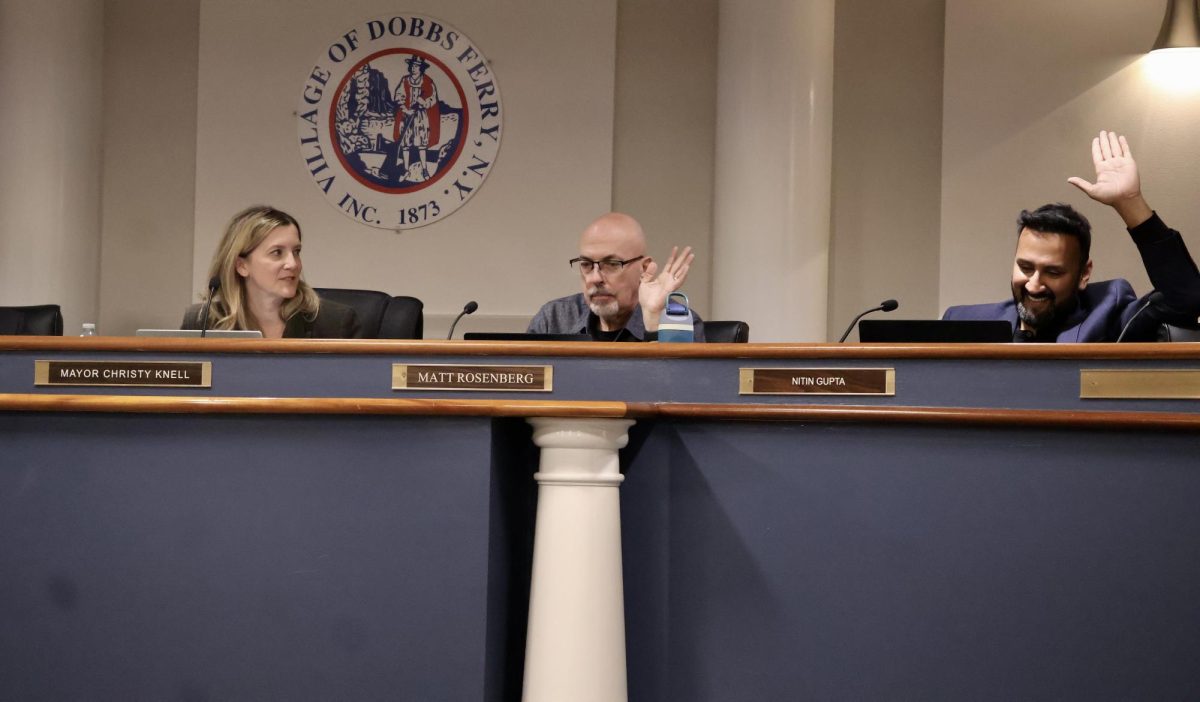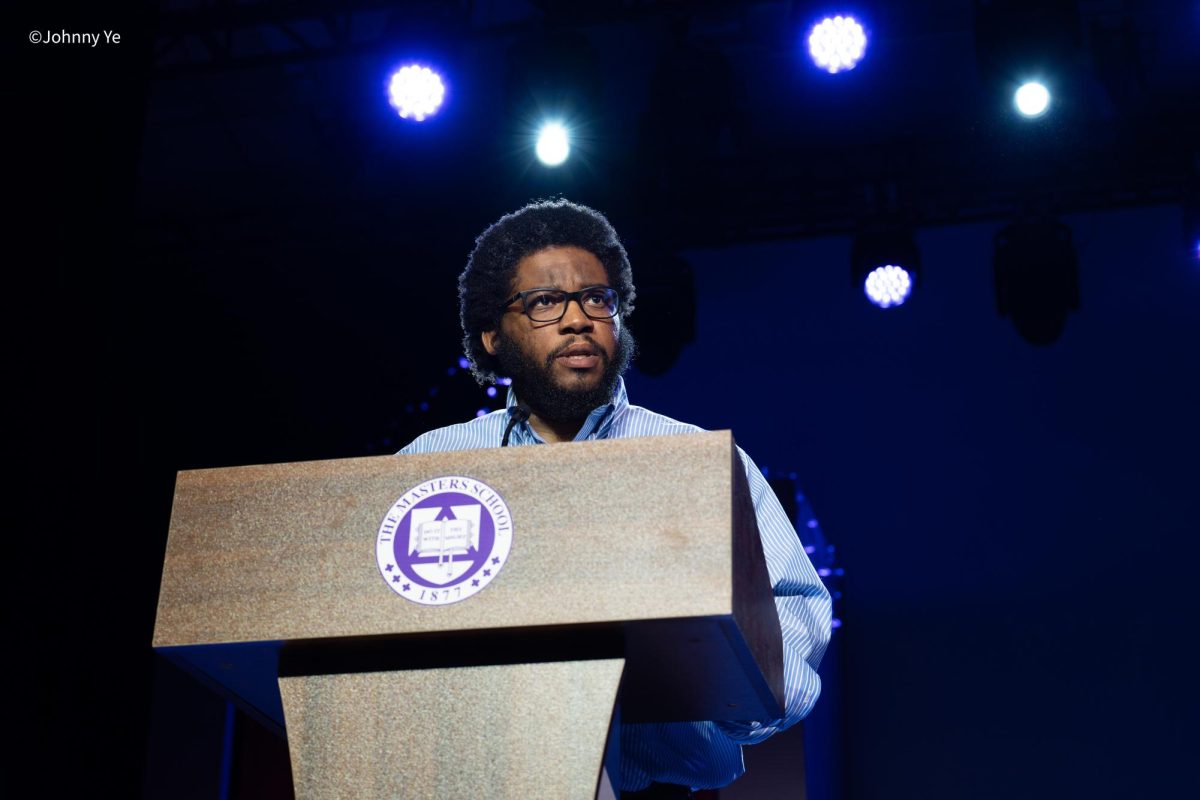Although Wintermission offers AP students a week of relief and a slight break from their rigorous course loads, it often comes at the expense of teachers’ course plans and homework for students.
Wintermission provides students the opportunity to engage in a week-long unique curriculum that is generally not offered throughout the school year with classes ranging from Ice Fishing to Lifeguarding/CPR certification.
Students in AP classes will still need to make time for homework assigned to make up for their missed class time and to stay on track with the college board curriculum in preparation for their exam days in May.
Jason Hult, World History teacher and director of learning initiatives, addressed this dilemma for students and teachers. “Losing those two teaching days [per course] might not feel like a big deal, but part of the reason that it is a design challenge for AP teachers is because we already have fewer teaching days than some schools that are teaching AP classes,” he said.
Teddy Meyer ‘24, a student who took four AP’s last year and three this year, feels like losing a week to Wintermission is manageable yet inconvenient.
“I think losing a week disrupts the learning, you forget a lot. It won’t be that bad because a lot of teachers ended their units right before the semester so we will be learning things that are completely new, but not all teachers have done that,” he said.
Because of the homework assigned by teachers in order to keep students on track, Meyers noted that he will be able to work around losing a week. But, losing a week for Wintermission has a bigger impact on the curriculum than some may think.
Elisabeth Merrill, AP Biology and semester biology teacher, loves the idea of Wintermission and believes it is imperative to let students have a break. However, she expressed how the AP Bio course is impacted by shortened classes.
“Having the short class time already cuts into the process of deep learning and then when you take so much time away from the curriculum, it just has an impact,” she said. “We only had five class meetings the entire month of January.”
Thus the question is raised as to whether the current 8-day rotation schedule is compatible with Wintermission. Before changes were made in 2019, the schedule used to allow AP science classes to have 330 minutes per week, resulting in 660 total minutes every two weeks. Students in these courses used to have two 55 minute and two 110 minute long classes per week. After changes were made, the current schedule adopted by Masters varies from 150 to 225 minutes per week, resulting in having 375 minutes of class time every two weeks. These schedule changes meant that Merrill had to completely readjust the curriculum by cutting topics out, switching to a shorter textbook, and using shorter modules.
Merrill noted how her AP Biology program fares compared to the college level curriculum after these significant changes were implemented.“It is a huge difference for me as a science class because it is supposed to be a college bio which is 3 hours of lecture, 4 hours of lab. This adds to the stress of kids which we are trying to minimize,” she said.
Despite the challenges, Merill noted that students are still performing well on the AP exams.
And, Hult noted the success of Masters students in this regard. He said, “My belief is that if the core skill set is strong, missing a day [or two] of content isn’t necessarily going to be a huge difference maker between a 3, 4 or 5 on the AP,” Hult said.









